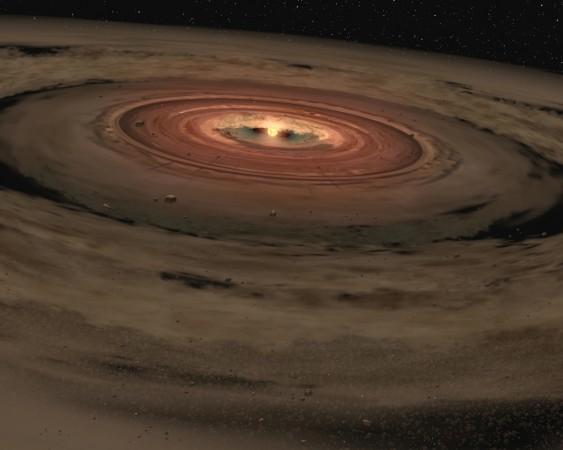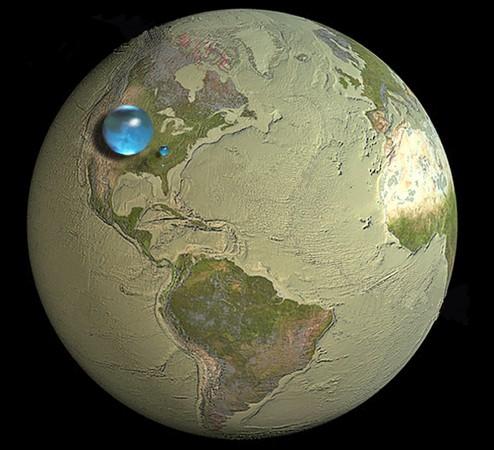
There is an abundance of Water on Earth. In fact, estimates say that there is about 1.38 billion cubic km worth of water on the surface. Where did all this water come from? A new study theorises that it could have come from the cosmic dust that created the planet about 4.5 billion years ago.
Researchers from Germany, the Netherlands and the UK suggest that water could have come from molecules trapped within dust. They have reportedly based this on calculations and simulations that were part of their new study, reports Astronomie.
Astronomers have always struggled to explain just how Earth has so much water in it, says the report. One explanation is that comets and asteroids carried water across the galaxies and they crashed into Earth like a massive water balloon, giving the planet water. Another prevailing explanation is that the Earth was wet as it was born with boulders tens of kilometres across rich with water simply spilled it out as the earth began to take shape. This hypothesis does not hold up, notes the report, because large rocks and their water carrying capacity is largely limited.

The new study has come with a more realistic variant of the boulder carrying water scenario, says the report. Calculations made by the team show that in the region where Earth was created, there must have been an abundance of tiny millimetre-sized dust grains soaked in water. These dust grains could have then clumped up together, even forming pebbles that in turn grow in size to about kilometre sized rocks that went on to make the planet, soaking out like sponges and flooding the surface. In this case, there could have been enough dust and enough water from the dust to form oceans.
Scientists running these calculations have also shown small dust grains will only need about a million years to collect enough water that is on Earth right now. This timescale of a million years also fits easily within the time it should take to form massive boulders.
The study is set to appear in two articles in the journal Astronomy & Astrophysics.

















